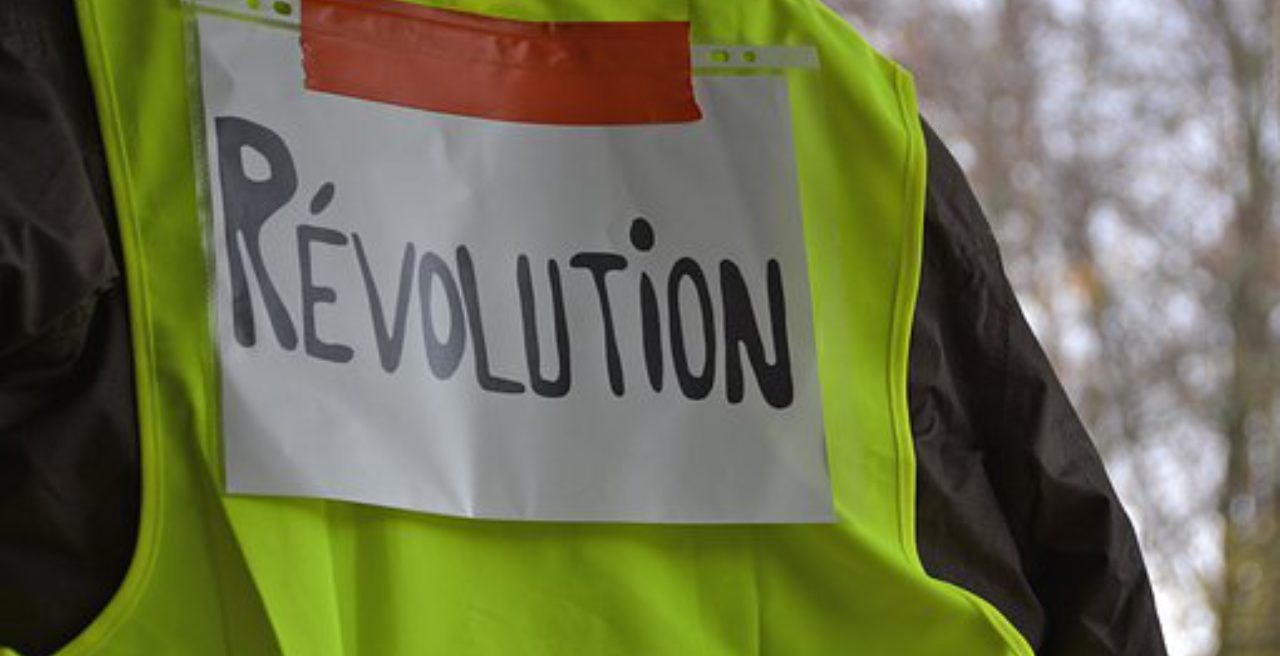What began as a small series of demos in France has grown to a huge protest movement in France and in Belgium. In recent weeks, the “gilets jaunes” have not been out of the news. The great amount of press coverage has ensured more or less all Belgians (98%) know about the protest movement. A very large majority also know that the “gilets jaunes” are primarily demonstrating against prices or taxes that they say are too high. Their focus is mainly on the fuel prices (as 40% reported, unprompted). Only a very small minority also gave electricity and water as an unprompted answer.
The protest can count on a lot of support from the general population. According to our survey, 3 out of 4 Belgians understand the grievances and discontent about high taxes on products such as fuel, electricity and water. This understanding is seen in both the north and south of our country, with slightly higher percentages in Wallonia and Brussels. Flanders is a bit divided in terms of east and west: the movement can count on more support in the eastern part of Flanders than in the western part (80% in Limburg in comparison with 67% in both West and East Flanders).
The survey also shows that the “gilets jaunes” have least sympathy among the younger age groups (e.g. in the age group 18-24, “just” 63%) and the highest social class.
3 out of 4 Belgians understand the discontent about high taxes on products such as fuel, electricity and water.
Protesting is ok, but no violence
Opinions are divided about having demos and blockades as a way to show discontent. 35% understand it, mostly due to the fact that it is sometimes the only way to be heard. The demos and blockades receive the most sympathy in Wallonia and Brussels (almost 50% in both regions) and from single parent families (45%). Men sympathise more than women (39% vs. 31%).
The largest number of real opponents is in the highest social class, with no less than 40% disapproving of the demos and blockades. They often find that citizens are more affected by these protests than politicians, which they say makes little sense.
Despite the widespread sympathy for the protest, the majority (59%) of Belgians disapprove of the fact that such actions can result in violence. Conversely, a minority group (18%) do understand it. In Wallonia this group is somewhat larger, namely 31%. The following are often heard as arguments in this group: “people have the right to rebel if the government does not listen” or “it's unavoidable: on such demos there are always people with bad intentions who only want to commit violence”.
What stands out is the difference among different age groups. It is mostly young people (aged 18-24) who understand the violence (29%). Why does this stand out? As it is the same age group that has the least understanding for discontent about high taxes.

To participate or not
There is little readiness to take part in a “gilets jaunes” action. Only 13% stated that would do so if something were organised in their area. The majority would definitely not participate (56%). The intention to participate is highest in Wallonia and Brussels, among men and in the lower social classes.
What is noticeable here is that of the group that would take part, 44% is convinced that the government will take action to reduce taxes. For the Belgian population as a whole, only 14% believe that a reduction in taxes will be implemented. This is more often the case in Wallonia and Brussels, and among young people (18-24).
In any case, the “gilets jaunes” have been successful in terms of stopping tax hikes on petrol and diesel. The planned indexing of the fuel prices from 1 January 2019 is not going ahead.
Political colour?
Also interesting: The majority see the “gilets jaunes” as on the left of the political spectrum (45% left-wing – 28% right-wing – rest remained neutral).
However, those in the age group 18-34 more often viewed the “gilets jaunes” as on the right.
A Profacts study among 1230 Belgians / representative sample



